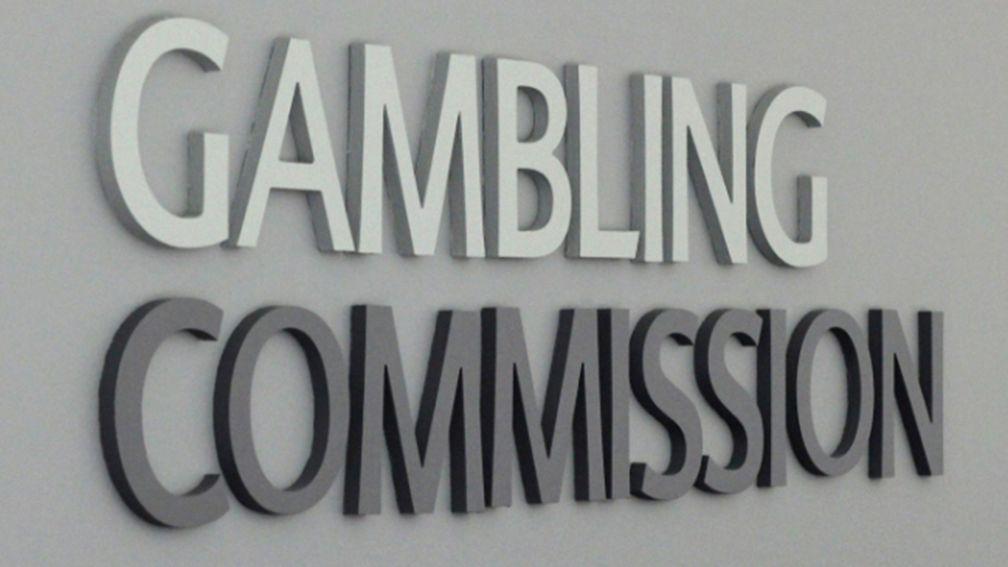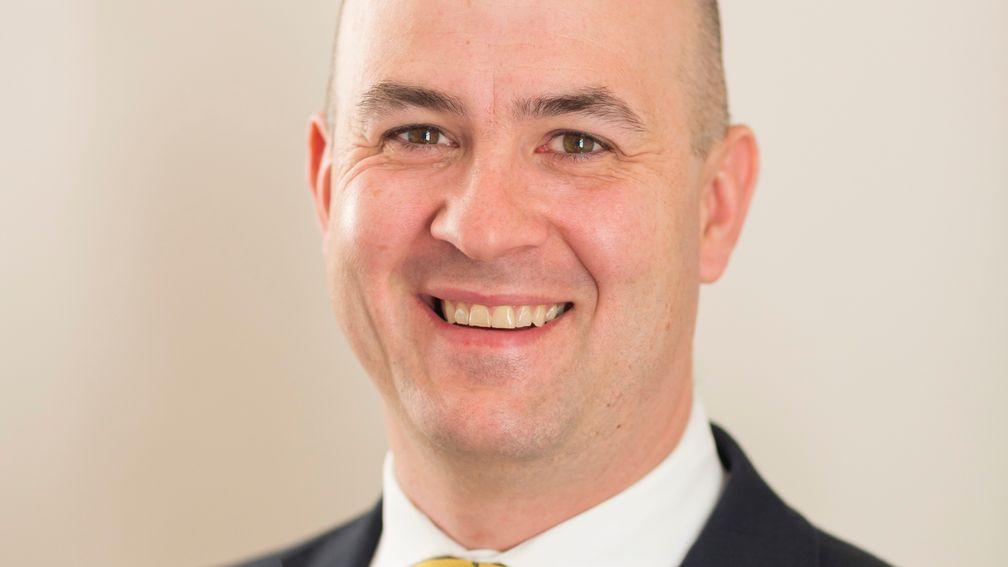Implementing gambling reform - can the regulator be trusted to play fair?

If the parliamentary rumour mill spins true, we may soon be doing more than simply dreaming of a white paper.
Three years after the Gambling Act review was first announced and two years on from the call for evidence, the government's proposals for market reform are understood to be close.
That we are approaching the beginning of the end (or the end of the beginning) of this drawn-out process ought to be a source of relief for jaded participants.
What is less positive is the suggestion that the Department for Digital, Culture, Media and Sport (DCMS) is charting a legislation-light course, with responsibility for implementation devolved in large part to the Gambling Commission – an organisation that has come under repeated fire where competence and integrity are concerned.
The National Audit Office, parliament's Public Accounts Committee and the House of Commons select committee for DCMS have all delivered withering assessments of the commission in recent years.
The all-party parliamentary groups for (respectively) gambling-related harm and betting and gaming have judged the regulator "not fit for purpose", and the Social Market Foundation has called for its dissolution.
Critics point to the collapse of Football Index and the lack of oversight of the National Strategy to Reduce Gambling Harms (including the distribution of £40m without evaluation) as examples of the regulator's poor performance.
Withdrawn without explanation
In September, the commission suspended its guidance for remote customer interactions just ten days before it was due to take effect, leaving licensees required to follow a set of non-existent guidelines.
The annual assurance statement (which the largest 40-or-so licensees were expected to complete by mid-December) was withdrawn without explanation.
Requests for regulatory clarity are typically rejected, leaving stakeholders of all hues frustrated with a culture of non-engagement.
In addition to concerns of effectiveness, the commission appears to have abandoned any pretence of moral neutrality on wagering, eschewing customer-centred market regulation in favour of a public health crusade to eliminate harmful behaviour at all costs.
Part of the problem is that the commission has softened its definition of harm to the point of absurdity, stating that people are harmed if they choose to spend money on the horses instead of going to the cinema, or if they spend less time with people they care about as a result of going to bingo.
In a similar way, the commission has distorted the meaning of vulnerability, which the Gambling Act clearly intended to mean an exceptional state in adults (similar to the vulnerability of children).
Under the regulator's revisionism however, young adults are considered vulnerable, but so are older adults.
Not very brave new world
One is vulnerable if one has "poor physical health" (NHS Digital estimates that 43 per cent of adults have a long-standing medical condition); "poor mental health" (17 per cent of adults have a common mental disorder); if one is bereaved (about 15 per cent of us annually – National Bereavement Alliance); "has caring responsibilities" (13 per cent – Carers UK); has "dyslexia" (10 per cent – NHS); or if one has "a higher than standard level of trust or appetite for risk" – which one could argue applies to all but the most cautious punters.
The commission's not very brave new world appears to be peopled exclusively by the vulnerable and the victims with risk assigned a uniformly negative aspect.
Documents obtained under the Freedom of Information Act reveal that the regulator arrived (belatedly but correctly) at the view that "reliable data does not exist" to support Public Health England's (PHE) claims on the social and economic costs of gambling harms.
Rather than notify the government of its concerns, it chose concealment, even after the Department of Health and Social Care admitted PHE had made "mistakes" and committed to a review scheduled for publication by the end of last month.
The commission knew that PHE had taken a prohibitionist stance on betting (it advocated "a similar approach to how we tackled tobacco consumption") but continued to support its work.
Perhaps most concerning of all is the disclosure – once again forced through the Freedom of Information Act – that the regulator is automatically biased against representations from its own licensees.
In reviewing the PHE report, it stated that "a full economic evaluation of the gambling industry could be slightly awkward politically as it would fund work to identify the benefits of gambling", before adding "it's likely that we would be critical of any industry-funded effort to estimate the benefits of the gambling industry".

Last month, in a speech to betting chief executives, Andrew Rhodes of the commission appeared to recognise his organisation had strayed from the straight and narrow.
In stating an aspiration to "be the trusted voice on gambling, as an impartial regulator" and "not to make a moral judgment on how much money is spent on gambling", there was perhaps an admission that those things had not always been true in the past.
As a statement of intent, the speech offered hope of a return to a more balanced approach. In the next few years, the commission will have a considerable influence on how betting customers are treated.
Much now rides on whether it perceives its role as market regulator or moral guardian. As we brace ourselves for a fresh raft of consultations on betting reform, the question of who regulates the regulator has rarely been so important.
Dan Waugh is a gambling industry commentator and partner at global strategic advisory business Regulus Partners
Ireland's new gambling bill welcomed
The Irish Bookmakers Association (IBA) last week welcomed the publication of the long-awaited Gambling Regulation Bill 2022.
Among other measures, the bill will lead to the creation of the Gambling Regulatory Authority of Ireland, which the IBA said was essential for the sustainable future of Ireland's betting shop sector.
IBA chair Sharon Byrne said: "The final Act must ensure that consumers are protected through practical and effective measures which are applied across the entire gambling spectrum.
"For industry, it must provide clarity and certainty for bookmakers while also allowing sufficient flexibility to ensure the regulatory regime can keep pace with technological developments.
"The IBA and its members are eager to provide any assistance required in the development of this legislation and our members have significant expertise and experience of best-in-class regulatory regimes internationally."
The European Gaming and Betting Association described the news as a "significant milestone".
Read these next:
Minister wants gambling review white paper 'out of the door' in next few weeks
Intrusive affordability checks would be a disaster - but proponents don't get it
For industry news, expert opinion and all the latest business to business racing and sports products visit Racing Post B2B

The Front Runner is our latest email newsletter available exclusively to Members' Club Ultimate subscribers. Chris Cook, a four-time Racing Reporter of the Year award winner, provides his take on the day's biggest stories and tips for the upcoming racing every morning from Monday to Friday. Not a Members' Club Ultimate subscriber? Click here to join today and also receive our Ultimate Daily emails plus our full range of fantastic website and newspaper content
Published on 5 December 2022inBetting World
Last updated 15:42, 5 December 2022
- Government says it is working 'at pace' to have white paper measures in force by the summer
- The Gambling Commission has launched its new corporate strategy - but what are the key points?
- US gambling sector reaches 'important crossroads' - but has it learned lessons from other markets?
- Acquisitions, exits and retail resilience - what we learned from Flutter and 888's results
- 'We are now firmly on the right road' - chairman Barry Gibson reflects on a turbulent year for Entain
- Government says it is working 'at pace' to have white paper measures in force by the summer
- The Gambling Commission has launched its new corporate strategy - but what are the key points?
- US gambling sector reaches 'important crossroads' - but has it learned lessons from other markets?
- Acquisitions, exits and retail resilience - what we learned from Flutter and 888's results
- 'We are now firmly on the right road' - chairman Barry Gibson reflects on a turbulent year for Entain